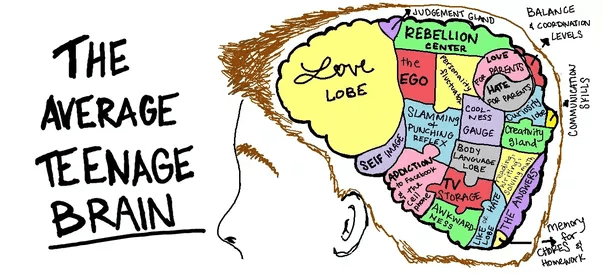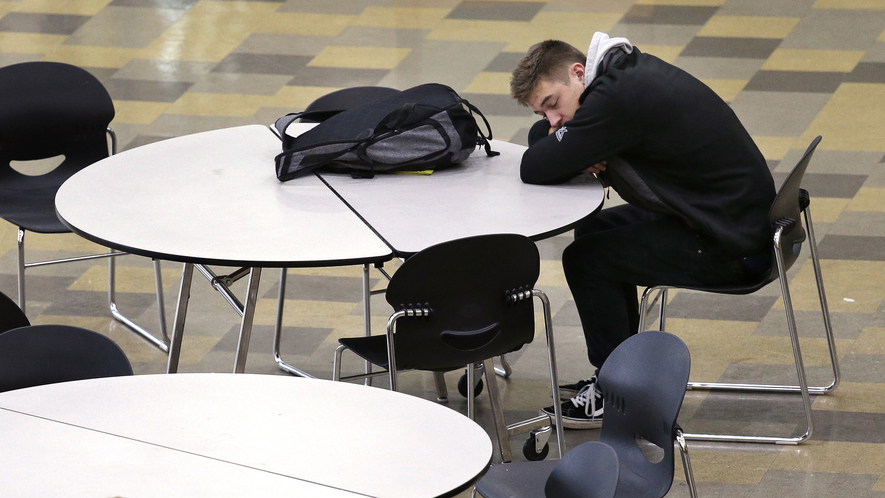
Photo provided by floridatoday.com
Article Written by USA Today (https://www.usatoday.com/story/news/nation/2019/02/21/depression-anxiety-seen-major-problem-among-teens-pew-survey-says/2940998002/)
Summary: In a recent study conducted by the Pew Research Center, with around 1000 teenagers participating, many interesting results have come forth from what these students have to say. Nearly 70% of these teenagers say that anxiety and depression are harmful to their peers, as well as 55% saying bullying was a grand issue. 51% of students said addictions to drugs were big problems and 45% of the students saying alcohol was a negative contributor to student health were also included in the report. Around 50% of these students find that drugs, alcohol and bullying were huge problems in teen mental health and increased student's anxiety and depression. The survey conducted also states that students are spending more time on homework and less time with friends likely due to the stress on excelling and going to college.
Connection: This relates to health class because depression and anxiety are linked to our current unit on stress. It is important to be aware about the causes of these things so that our mental health is excelling.
Questions: Why is there more stress put onto teens for studying? How come 70% of teens feel anxiety and depression play big roles in their struggles? Why do teenagers feel more depressed now compared to previous years?


